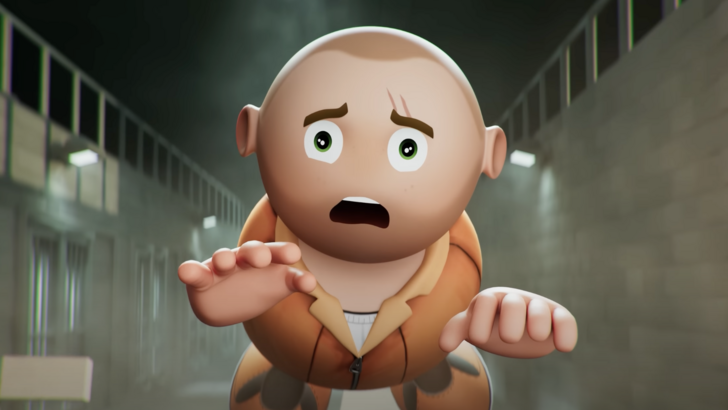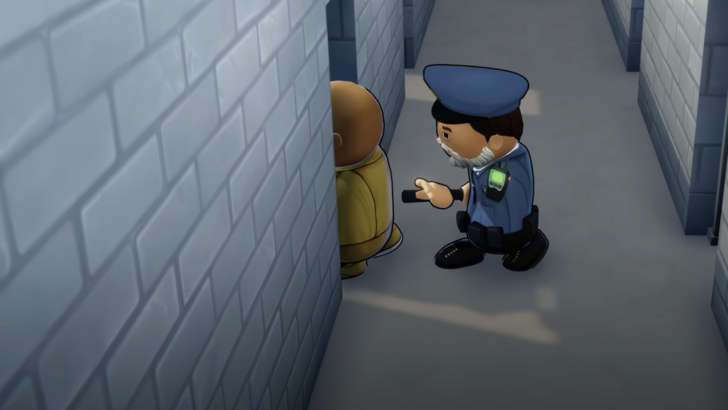Paradox Interactive Acknowledges Shifting Player Expectations After Game Setbacks
Following the cancellation of Life By You and the troubled launch of Cities: Skylines 2, Paradox Interactive has outlined its revised approach to game development. The publisher recognizes a significant shift in player expectations, highlighting increased scrutiny and less tolerance for post-launch bug fixes.

Paradox CEO Mattias Lilja and CCO Henrik Fahraeus discussed this evolving player landscape with Rock Paper Shotgun. Lilja emphasized players' heightened expectations and reduced trust in developers' ability to rectify issues post-release.

The Cities: Skylines 2 launch served as a crucial learning experience. Paradox now prioritizes rigorous pre-release quality assurance and increased player involvement through expanded pre-launch testing. Fahraeus stated that broader pre-release player access would have significantly benefited Cities: Skylines 2, emphasizing a future commitment to greater transparency and player feedback integration.

The indefinite delay of Prison Architect 2 exemplifies this new strategy. While acknowledging strong gameplay, Lilja cited technical challenges as the primary reason for the delay, emphasizing the need to deliver a polished, stable product. He underscored the impact of player expectations and limited budgets, leading to less tolerance for post-release patching.
“So it's not the same kind of bucket of challenges that we had with Life By You, which led to cancellation," Lilja explained. "It's more that we haven't been able to keep the pace that we wanted," adding that some technical problems proved more difficult to resolve than anticipated.

Lilja further noted the competitive gaming market, where players readily abandon games with significant issues. This trend, he observed, has intensified in recent years. The negative reception to Cities: Skylines 2, resulting in a public apology and a planned fan feedback summit, underscores the consequences of a flawed launch. The cancellation of Life By You highlighted internal challenges, with Lilja acknowledging a lack of complete understanding of certain development hurdles.
 Home
Home  Navigation
Navigation






 Latest Articles
Latest Articles










 Latest Games
Latest Games












